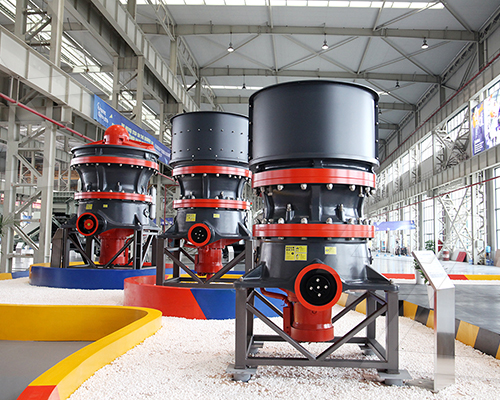Here’s a comprehensive overview of stone cone crushers, rock crushers, and used rock crushing plants, including their applications, benefits, and key considerations:
—
1. Stone Cone Crusher
A cone crusher is a secondary or tertiary crushing machine used to reduce large rocks into smaller gravel or sand-sized particles.
# Key Features:
– High Efficiency: Ideal for medium-hard to hard rocks (e.g., granite, basalt).
– Adjustable Settings: Controls output size via hydraulic or mechanical adjustments.
– Low Operating Costs: Fewer wear parts compared to impact crushers.
– Applications:
– Aggregate production (road base, concrete/asphalt aggregates).
– Mining operations (copper, iron ore).
– Recycling (demolition waste).
# Popular Models:
– Metso HP Series
– Sandvik CH/CS Series
– Terex Cedarapids MVP
—
2. Rock Crusher (General Types)
Rock crushers come in several types for different stages of crushing:
# Primary Crushers:
– Jaw Crushers: Best for hard, abrasive rocks (e.g., granite).
– Gyratory Crushers: Used in large-scale mining/quarrying.
# Secondary/Tertiary Crushers:
– Cone Crushers (as above).
– Impact Crushers: Better for softer rocks (limestone) or recycling.
# Mobile vs. Stationary:
– Mobile crushers offer portability for on-site crushing.
– Stationary plants suit high-volume production.
—
3. Used Rock Crushing Plant
Buying a used crushing plant can be cost-effective but requires careful evaluation.
# Advantages:
– Lower upfront cost (~30–50% cheaper than new).
– Quick availability (no manufacturing lead time).
# Key Checks Before Purchase:
1. Condition: Inspect wear parts (liners, bearings), engine hours, and maintenance records.
2. Production Capacity: Ensure it meets your required output (tons/hour).
3. Brand/Model Reputation: Stick to reliable brands like Metso, Sandvik, Terex, or Symons/Nordberg for older models.
4. Compatibility with your material type (abrasive? high moisture?).
# Common Used Plants:
+ Metso Lokotrack LT Series (mobile)
+ Terex Pegson XA400 (jaw) + Maxtrak 1000 (cone combo)
—
FAQs:
Q: Can cone crushers handle gravel and sand production?
A: Yes—adjust the closed-side setting (CSS) for finer outputs.
Q: What’s the lifespan of a used cone crusher?
A: With proper maintenance, 10–20 years; critical wear parts may need replacement sooner.
Q: Are mobile crushing plants worth it?
A: Ideal for contractors needing to move between sites; stationary plants offer higher throughput.
—
Final Tips:





Leave a Reply